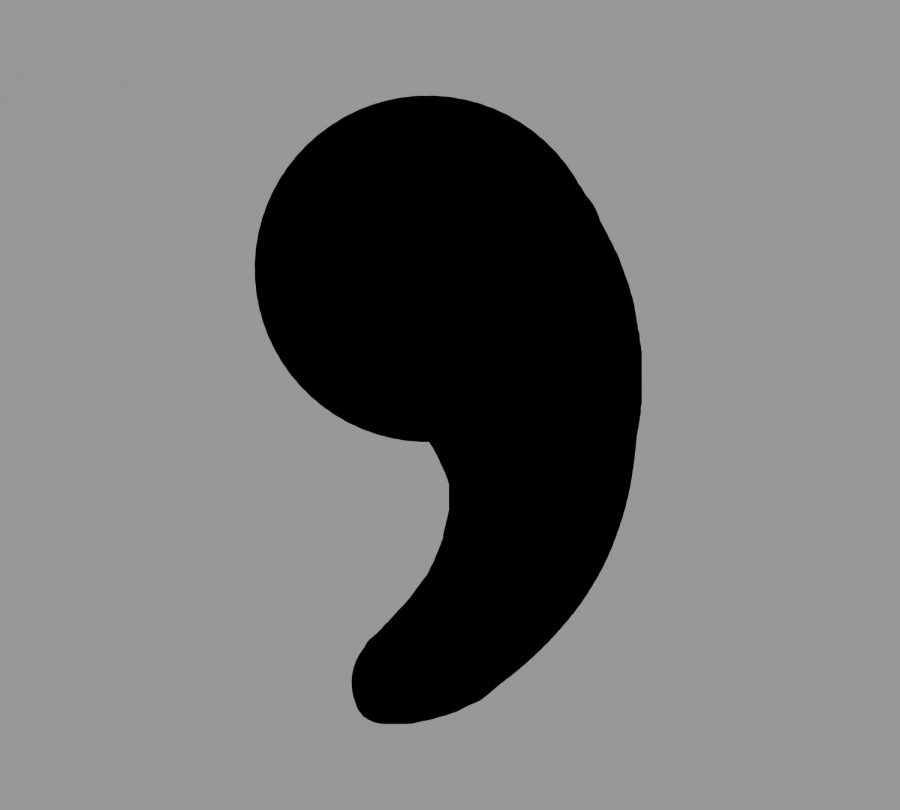We need the Oxford comma
March 5, 2020
This article is about the Oxford comma. Particularly, it is about why the Oxford comma is so great. Debate over whether the comma should be standardized has fired up in recent years, and I’m here to throw in my two cents, as a consumer of all things grammar. We should use the Oxford comma because it changes the pause and tone of a sentence, which helps convey meaning. Whether or not meaning is conveyed appropriately is incredibly important, especially when it comes to legislation and media.
For those of you who are not legal or punctuation nerds, the Oxford comma is the comma after the next to last item in a list. So, a sentence containing the Oxford comma looks like this: “I want to visit my siblings, Billie Eilish, and Barack Obama.” This same sentence without the Oxford comma looks like this: “I want to visit my siblings, Billie Eilish and Barack Obama.” See how the comma changes the meaning?
Do I want to visit my siblings in addition to Billie Eilish and Barack Obama, or do I want to visit Billie Eilish and Barack Obama, who are my siblings? The more complex a sentence gets, the more we rely on punctuation to give the sentence structure. We need commas and colons and semicolons because they insert pauses into a sentence, and those pauses dictate our understanding. Punctuation changes the way we read, which in turn changes the way we interpret intention.
It might sound counterintuitive, but something as little as the Oxford comma can have big, life-changing consequences. In 2017, a now famous lawsuit was settled for millions of dollars because there was no Oxford comma in a Maine law outlining overtime pay regulations. The First Circuit Court of Appeals ruled that the lack of an Oxford comma made the law confusing, and the language of the law was later changed to include semicolons in place of commas.
Though the Court of Appeals ruling favors the inclusion of the Oxford comma in binding language, the debate is by no means settled. According to Vox, while most state governments now use the Oxford comma, the vast majority of English speaking entities do not. Only a few writing style guides, like the Chicago Manual of Style, advocate for the Oxford comma.
The Associated Press (AP) Style Guide, which is the standard guide used by most news outlets, does not require the use of the Oxford comma. The Wire, which follows the AP style guide, does not use Oxford commas. This is why you will not see a single Oxford comma in this article (except for the one in the example above), much to my dismay.
Now more than ever, comprehension and understanding is vital in public spheres of language. How many news articles have I misunderstood because of this missing comma? The Oxford comma is all about clarity. I don’t know about you, but I think we could use more clarity in 2020. So, yeah, I like the Oxford comma.








